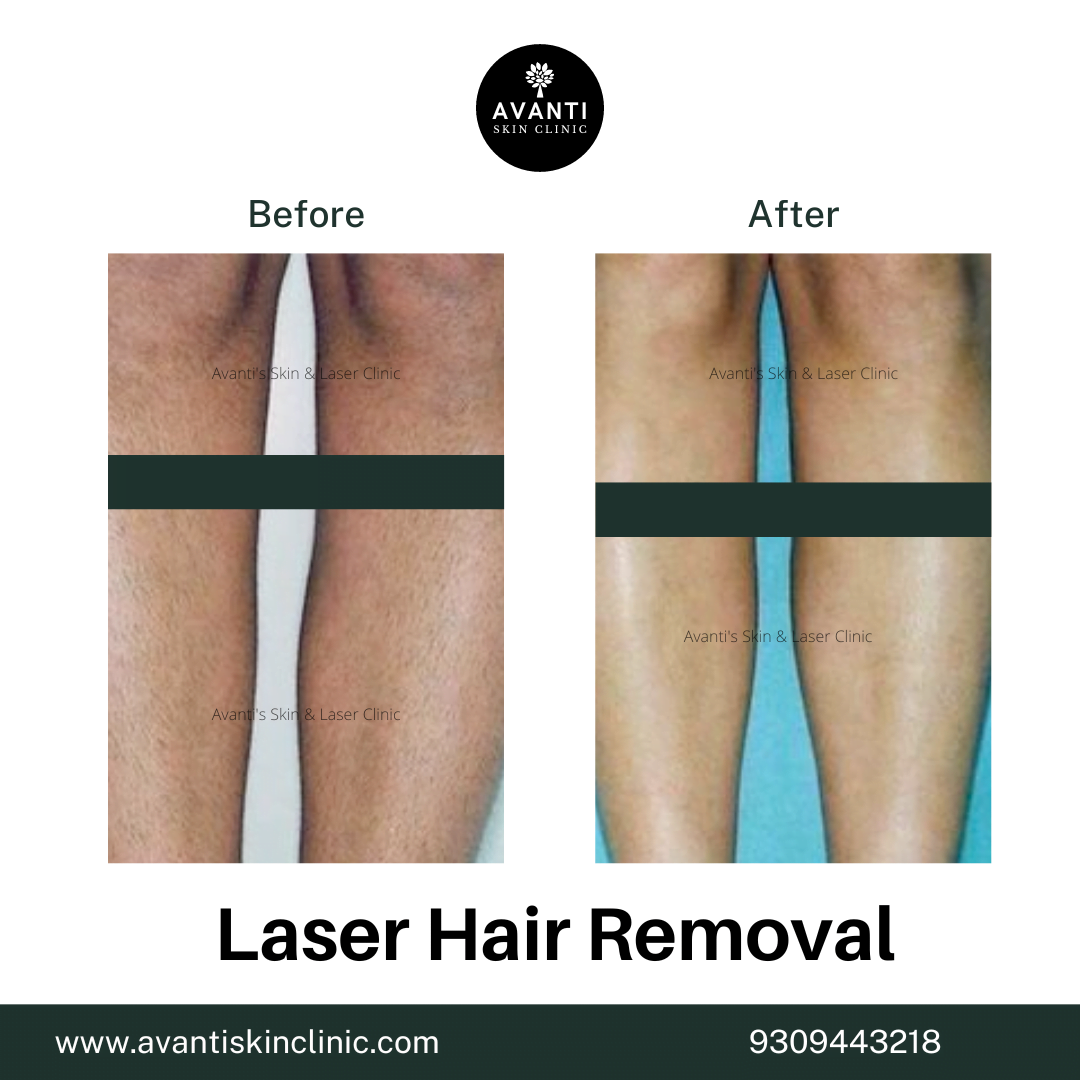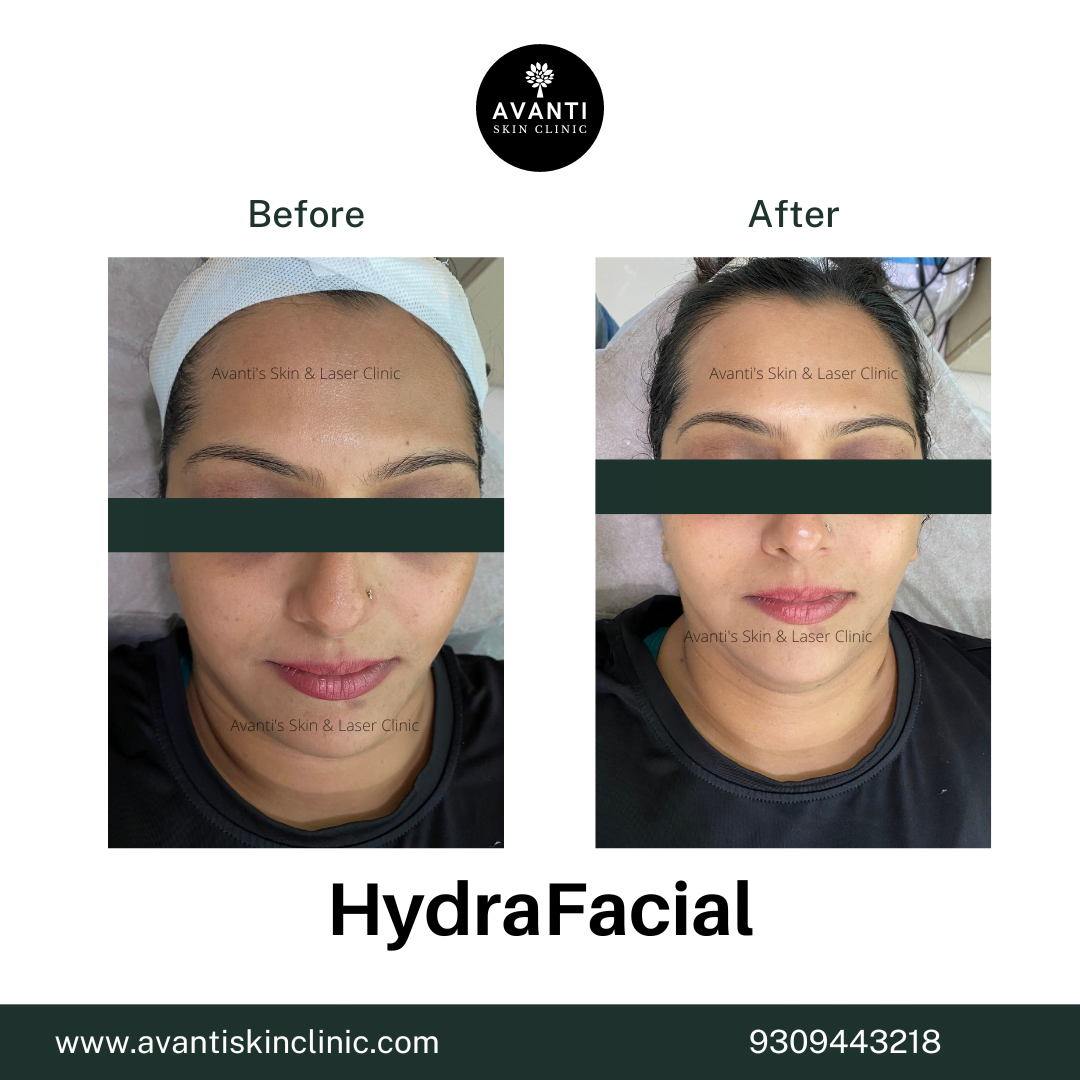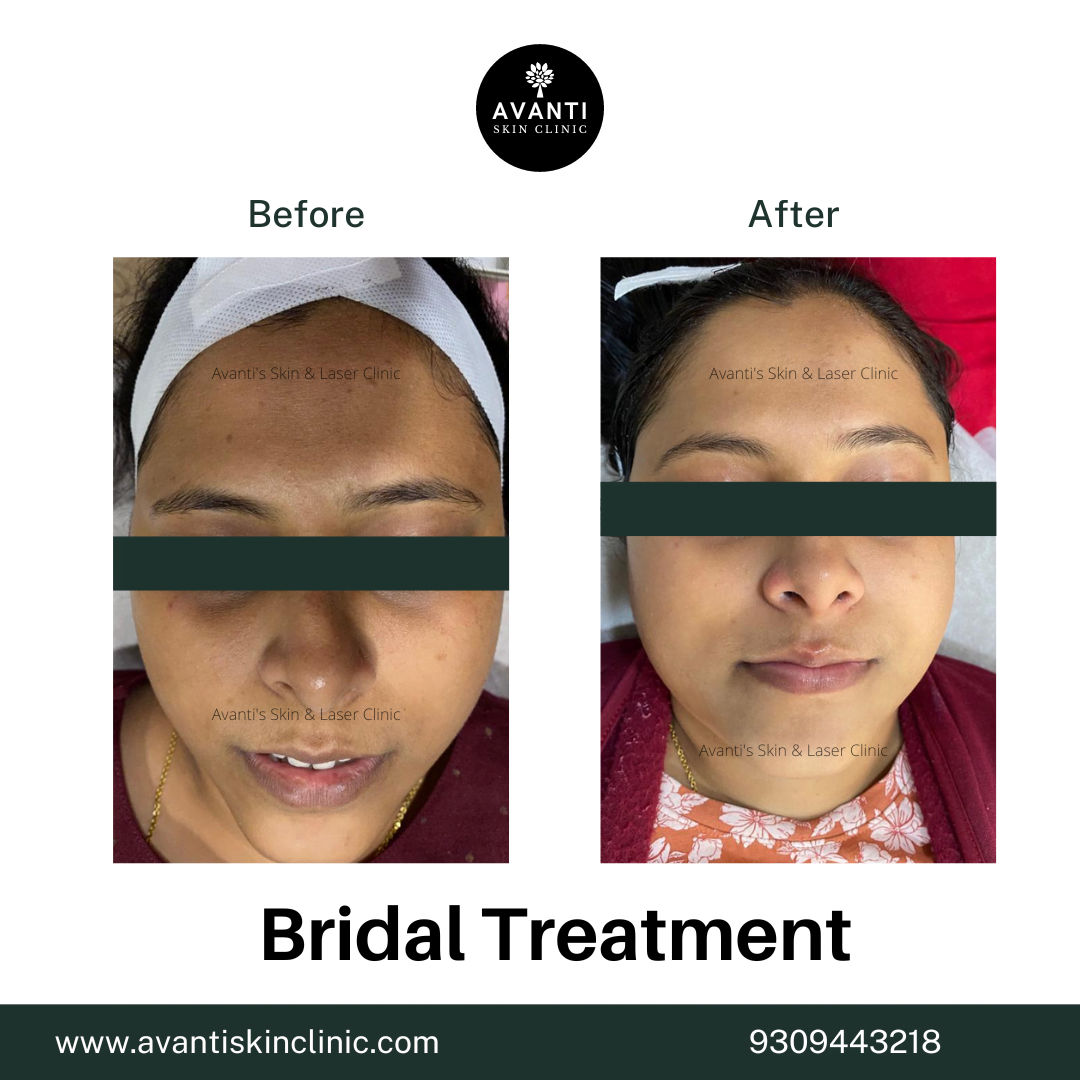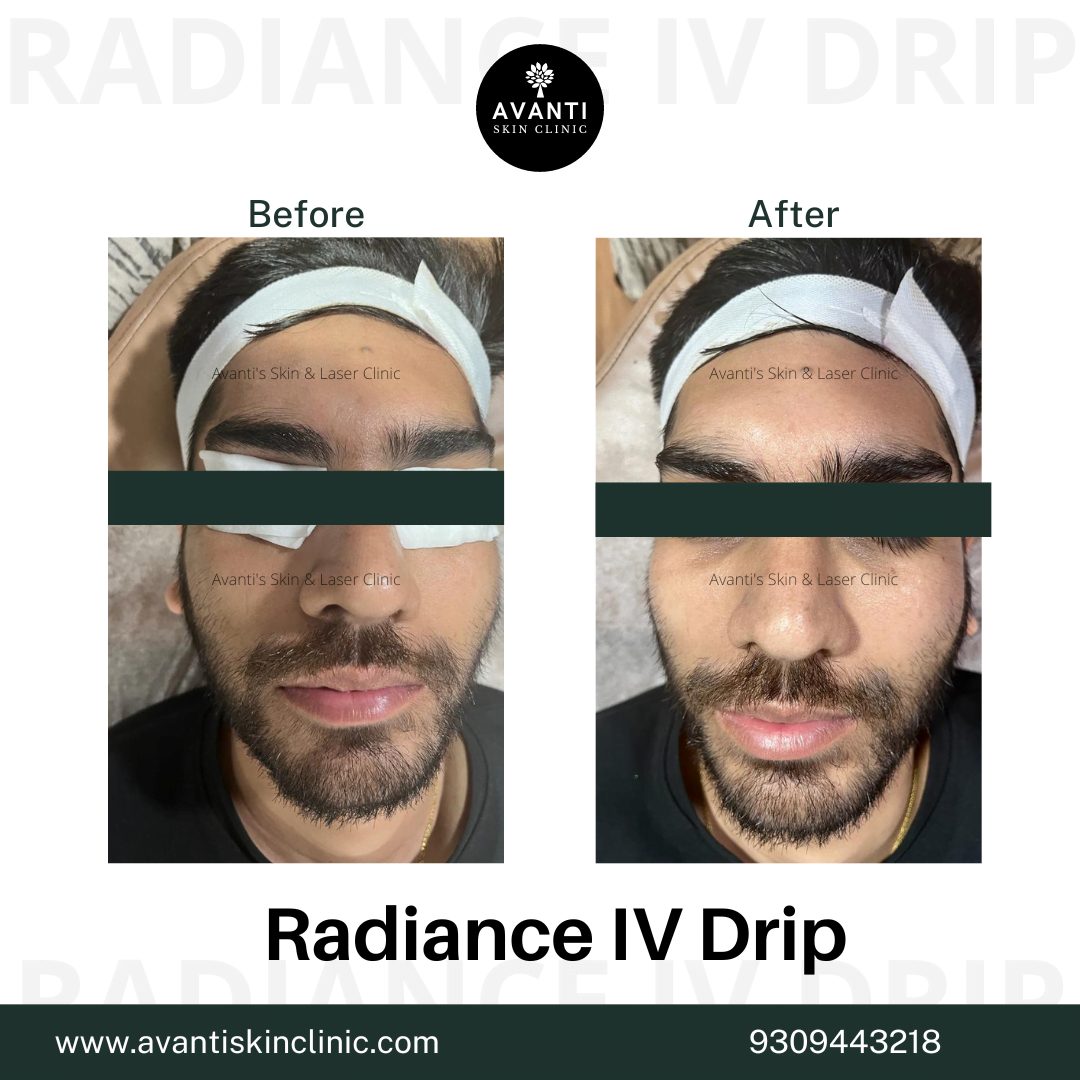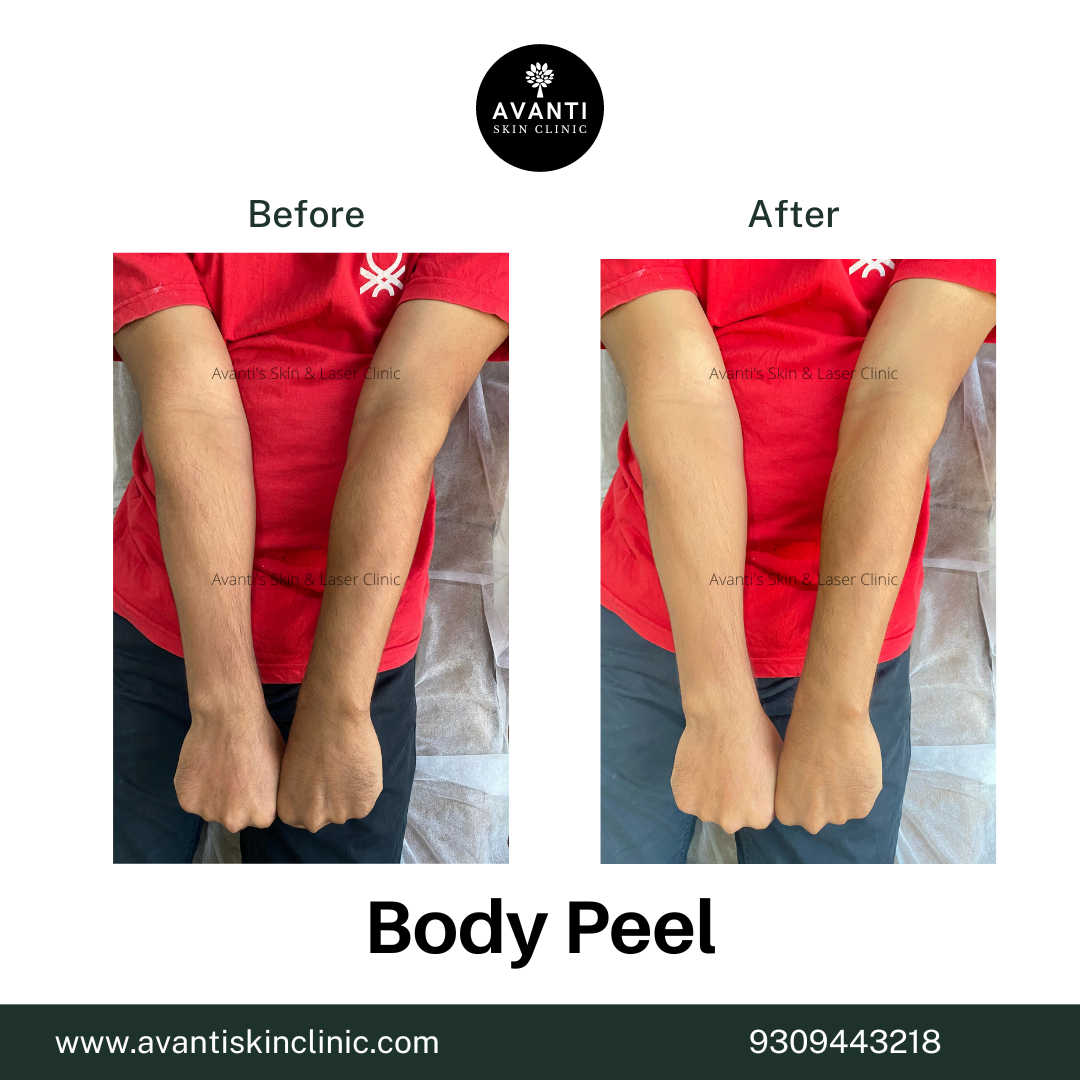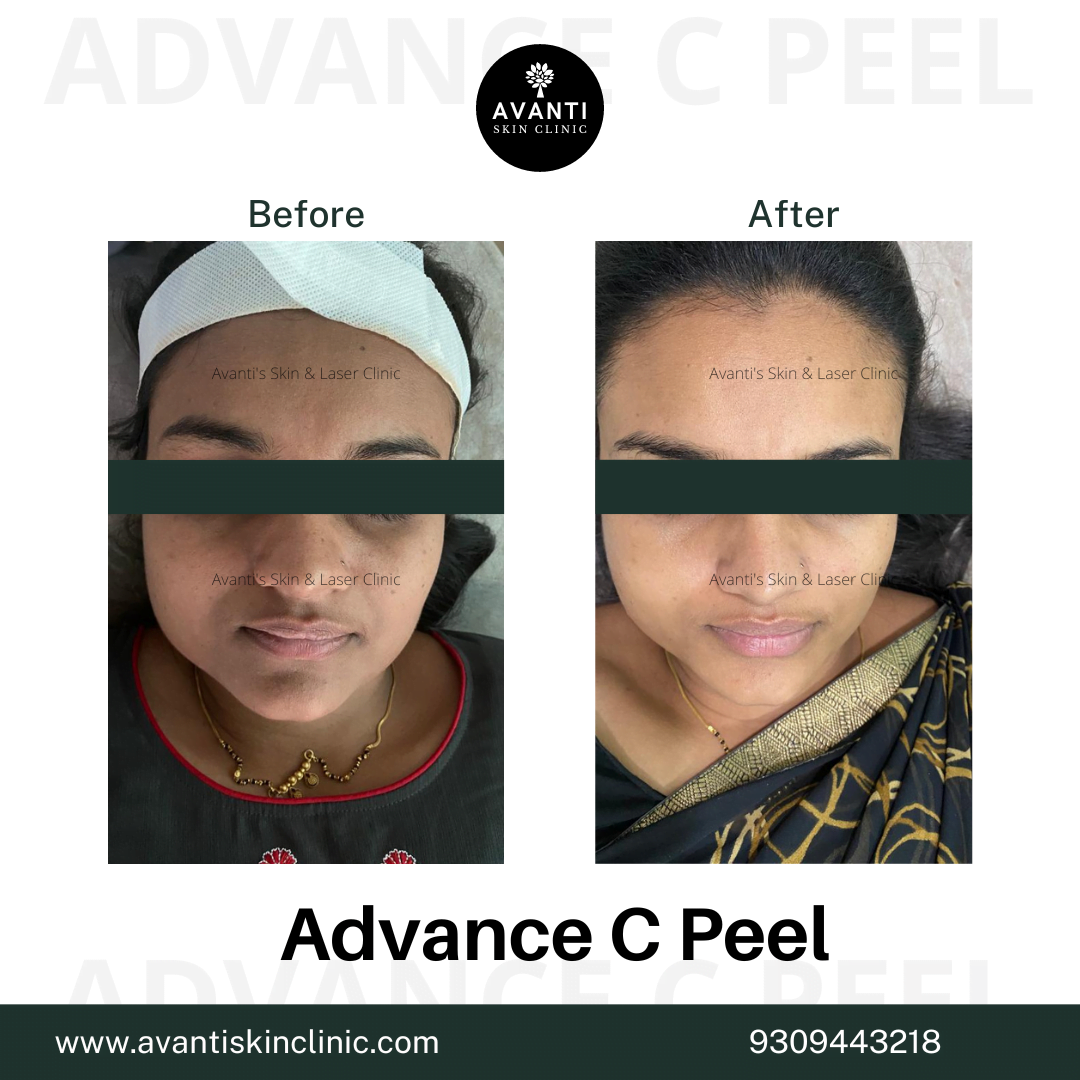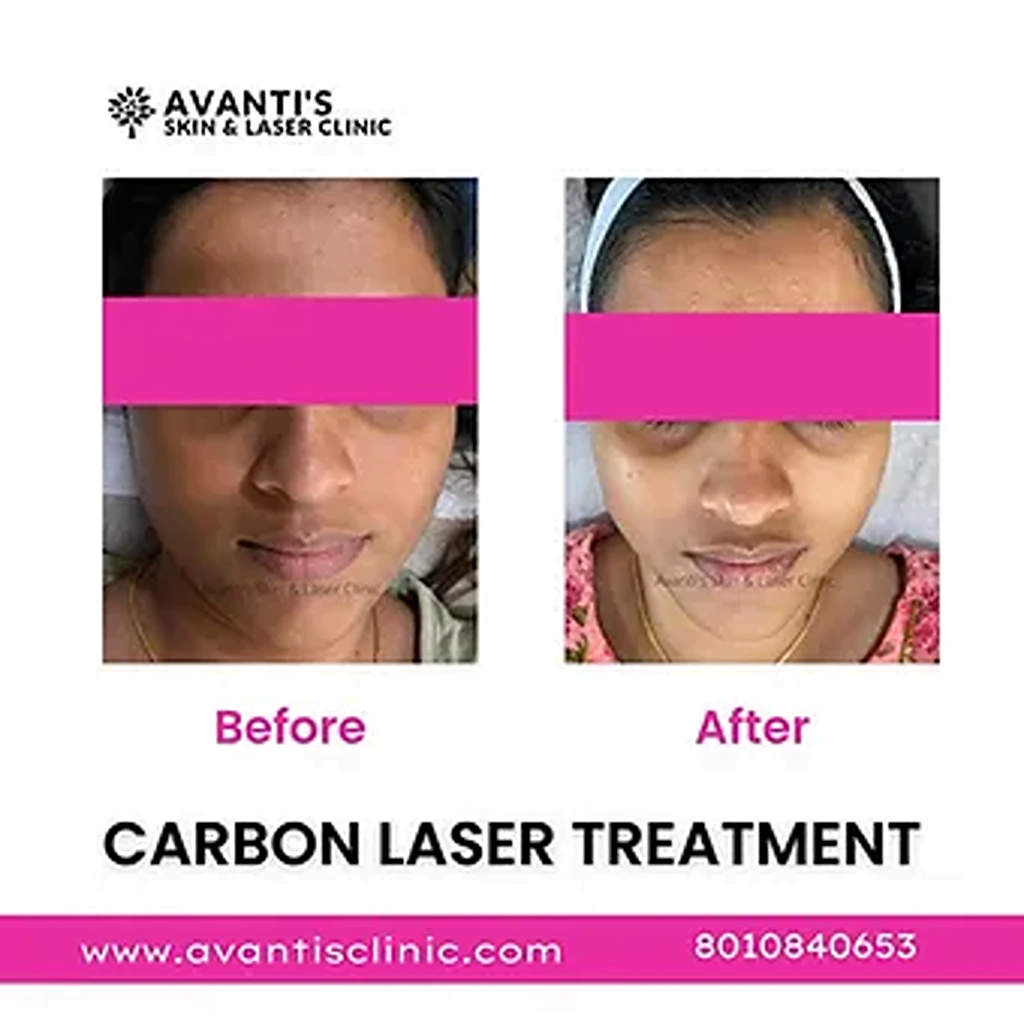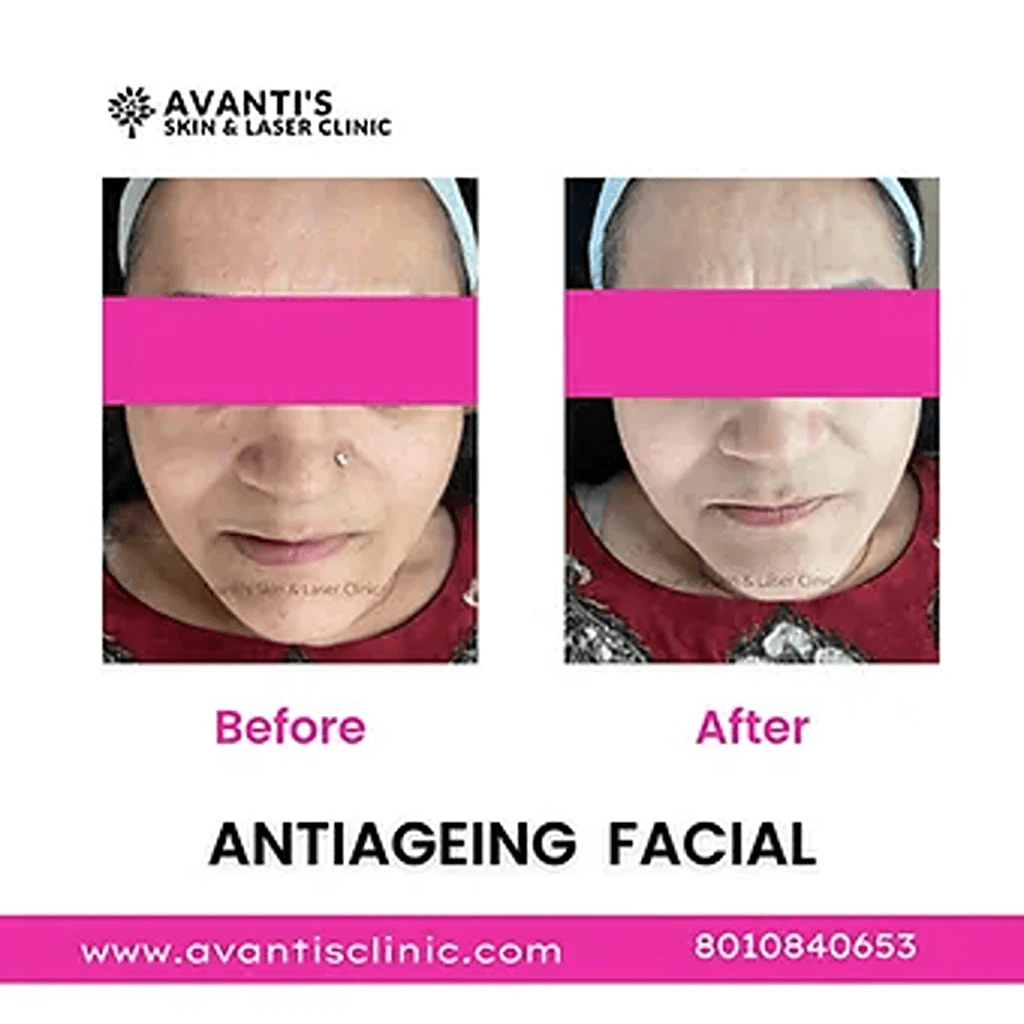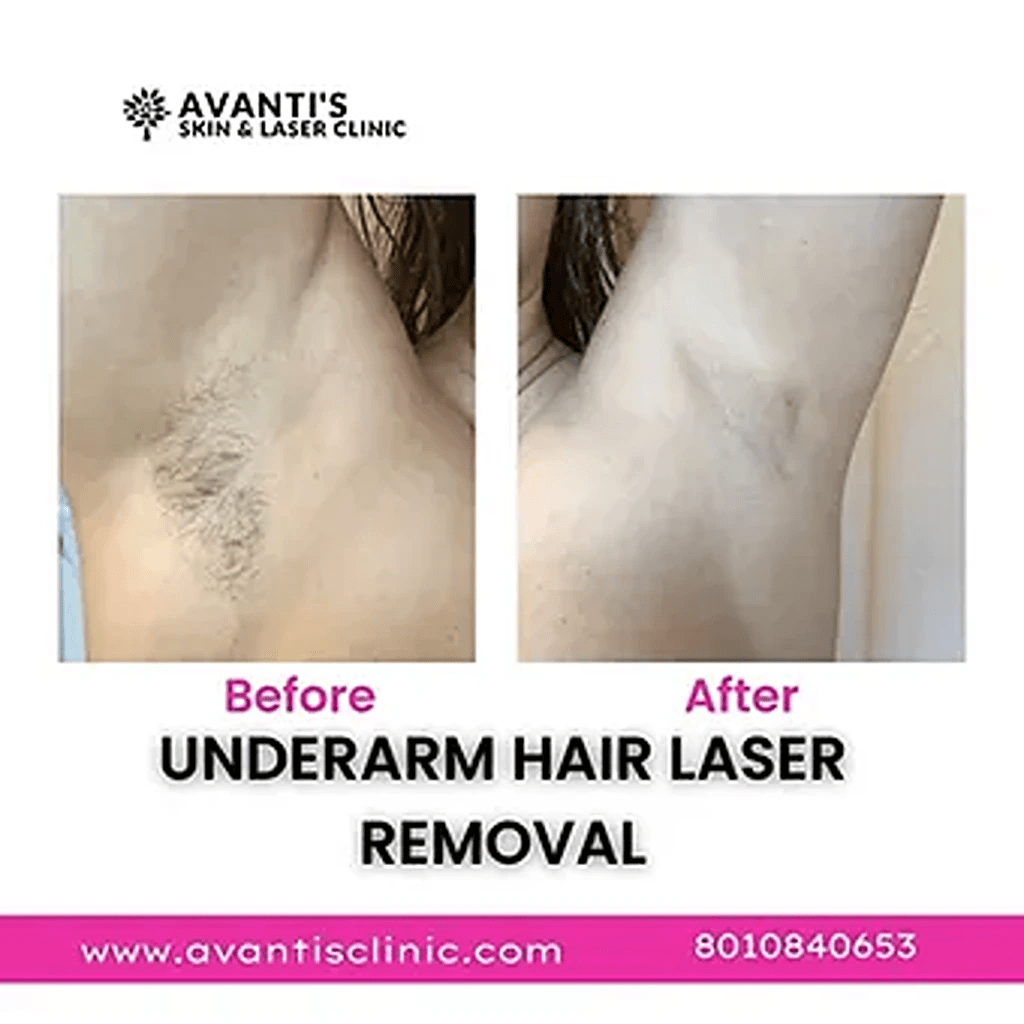Why Do Wrinkles Form Around the Eyes? Causes and Treatments Explained
Wrinkles are a natural part of aging, but the delicate skin around the eyes tends to develop fine lines and creases earlier than other areas of the face. If you’ve noticed wrinkles around the eyes, you’re not alone. Many factors contribute to their formation, from aging and genetics to sun exposure and lifestyle habits.
In this guide, we’ll explore the causes of wrinkles around eyes, why they appear sooner than other facial wrinkles, and the best treatment for under eye wrinkles to keep your skin looking youthful.
Why Do Wrinkles Form Around the Eyes?
The skin around the eyes is thinner and more delicate than other parts of the face, making it more prone to wrinkles. Unlike areas with thicker skin, the under-eye region has fewer oil glands, which means less natural hydration and elasticity.
Some of the key under eye wrinkles causes include:
- Aging – As we age, collagen and elastin production slows down, leading to sagging and fine lines.
- Repetitive Facial Movements – Squinting, smiling, and even blinking contribute to the formation of creases over time.
- Sun Damage – UV rays break down collagen, accelerating skin aging and deepening wrinkles.
- Dehydration – Lack of moisture makes the skin more prone to fine lines.
- Genetics – Some people are naturally more prone to wrinkles under the eyes due to their genetic makeup.
- Smoking – Nicotine restricts blood flow to the skin, causing premature aging.
- Poor Sleep Habits – Lack of rest and improper sleeping positions can contribute to under-eye wrinkles.
- Stress – Chronic stress leads to increased cortisol levels, which can break down collagen and contribute to early signs of aging.
Understanding the reason for wrinkles under eyes is the first step in preventing and treating them effectively.
Best Treatment for Under Eye Wrinkles
While wrinkles are inevitable, various treatments can minimize their appearance and restore a youthful look. Below are some of the best treatment for under eye wrinkles options:
1. Skincare Treatments
- Retinol and Vitamin C – Retinol boosts collagen production, while vitamin C helps brighten the under-eye area and reduce fine lines.
- Hyaluronic Acid – This hydrating ingredient plumps the skin, reducing the appearance of wrinkles.
- Peptides – These help rebuild collagen and improve skin elasticity.
- Sunscreen – Daily SPF application prevents further UV damage, which is one of the leading causes of wrinkles around eyes.
2. Dermatological Treatments
If skincare alone isn’t enough, professional treatments offer more advanced solutions:
- Chemical Peels – Mild chemical peels can remove dead skin cells and stimulate collagen production, reducing fine lines.
- Microneedling – Tiny needles create micro-injuries in the skin, boosting collagen growth.
- Laser Therapy – Treatments like fractional CO2 lasers target deep wrinkles and improve skin texture.
- Dermal Fillers – Hyaluronic acid fillers add volume under the eyes, smoothing out wrinkles and fine lines.
- Botox – Temporarily relaxes muscles around the eyes to prevent dynamic wrinkles caused by facial expressions.
3. Home Remedies and Lifestyle Changes
- Hydration – Drinking plenty of water keeps skin plump and reduces dryness-related wrinkles.
- Healthy Diet – Foods rich in antioxidants, vitamins, and omega-3s help maintain skin elasticity.
- Quality Sleep – Getting enough rest allows your skin to repair itself overnight.
- Facial Massage – Gentle massage improves circulation and helps reduce puffiness and wrinkles.
Choosing the best treatment for under eye wrinkles depends on the severity of the wrinkles, lifestyle habits, and individual skin needs.
Amazing Facts About Wrinkles Around the Eyes
Wrinkles are a natural part of aging, but there are some surprising facts about wrinkles around the eyes that many people don’t know. Here are some interesting insights:
- The skin around your eyes is 10 times thinner than the rest of your face – This is why it loses elasticity faster and is more prone to fine lines.
- Eye wrinkles can appear as early as your 20s – While aging is a major factor, lifestyle habits like excessive sun exposure, smoking, and lack of hydration can speed up wrinkle formation.
- Squinting and frowning accelerate wrinkle development – Repetitive facial movements create creases that become permanent over time, contributing to wrinkles under the eyes.
- Genetics play a big role in wrinkle formation – Some people are naturally more prone to developing wrinkles under the eyes earlier than others due to their genetic makeup.
Get professional help from Avanti Skin Clinic
While wrinkles under the eyes are a natural part of aging, the right skincare routine and professional treatments can significantly reduce their appearance. Avanti Skin Clinic can help you get rid of these wrinkles with promising results. Whether you opt for topical solutions, in-office treatments, or lifestyle changes, Avanti Skin Clinic can present multiple ways to keep your under-eye area looking youthful and refreshed.
If you’re looking for expert solutions tailored to your skin needs, book a consultation with Avanti Skin Care Clinic today. Our dermatologists offer cutting-edge treatments to effectively reduce wrinkles around the eyes and restore a youthful, radiant look.
Frequently Asked Questions
Aging, sun exposure, facial expressions, and dehydration are the most common causes of wrinkles around eyes.
Yes, eye creams with retinol, hyaluronic acid, and peptides can help reduce fine lines over time.
Dermatologists recommend treatments like Botox, fillers, laser therapy, and chemical peels, depending on the severity of the wrinkles.
Yes, sleeping on your side or stomach can cause wrinkles to form due to prolonged skin creasing. Sleeping on your back is recommended.
Use sunscreen daily, stay hydrated, follow a good skincare routine, and avoid smoking or excessive sun exposure.
Yes, chronic stress increases cortisol levels, which breaks down collagen and contributes to premature aging.
Fine lines can start appearing in the late 20s to early 30s, but genetics and lifestyle play a role in how soon they develop.
Hydration, a healthy diet, facial massages, and using natural oils like almond or coconut oil can help improve skin elasticity.

